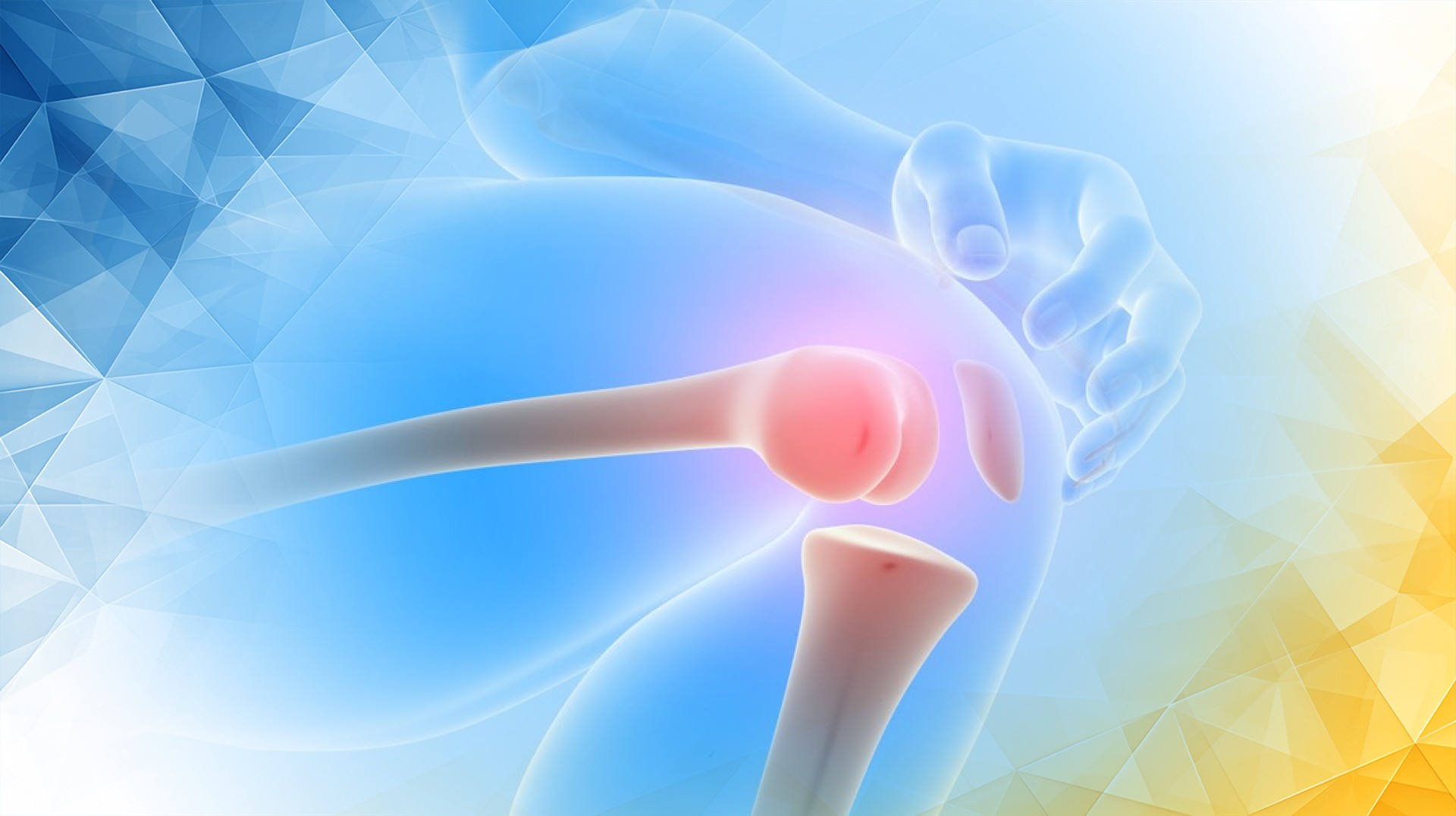





The meniscus, a key component of the knee, acts as a shock absorber, and its injury can severely affect knee function. Regenerative treatments aim to repair and reconstruct the damaged meniscal tissue, offering an alternative to traditional surgical methods.
We offer various cutting-edge regenerative nonsurgical and surgical treatments, including:
Common symptoms include pain, swelling, and stiffness. Diagnosis involves physical exams, MRI scans, and possibly arthroscopy. X-ray cannot diagnose meniscus injuries.
Non-surgical treatments may involve medications, injection and Bracing. In cases where these are ineffective, surgical repair and regeneration may be necessary.
Current research is focused on developing new therapeutic options for regenerating injured meniscal tissue, aiming to improve the long-term outcomes of meniscus injury treatments.
Our clinic specialises in advanced regenerative medicine, offering personalised treatments with a focus on minimally invasive techniques and patient-centred care.




Meniscus regeneration involves using regenerative medicine techniques to heal and reconstruct damaged meniscal tissue.
Treatments include MFAT, BMAC, and PRP therapy, among others.
Diagnosis may involve physical exams, imaging tests like X-rays and MRI, and arthroscopy.
Yes, including medications, physiotherapy, and lifestyle changes.